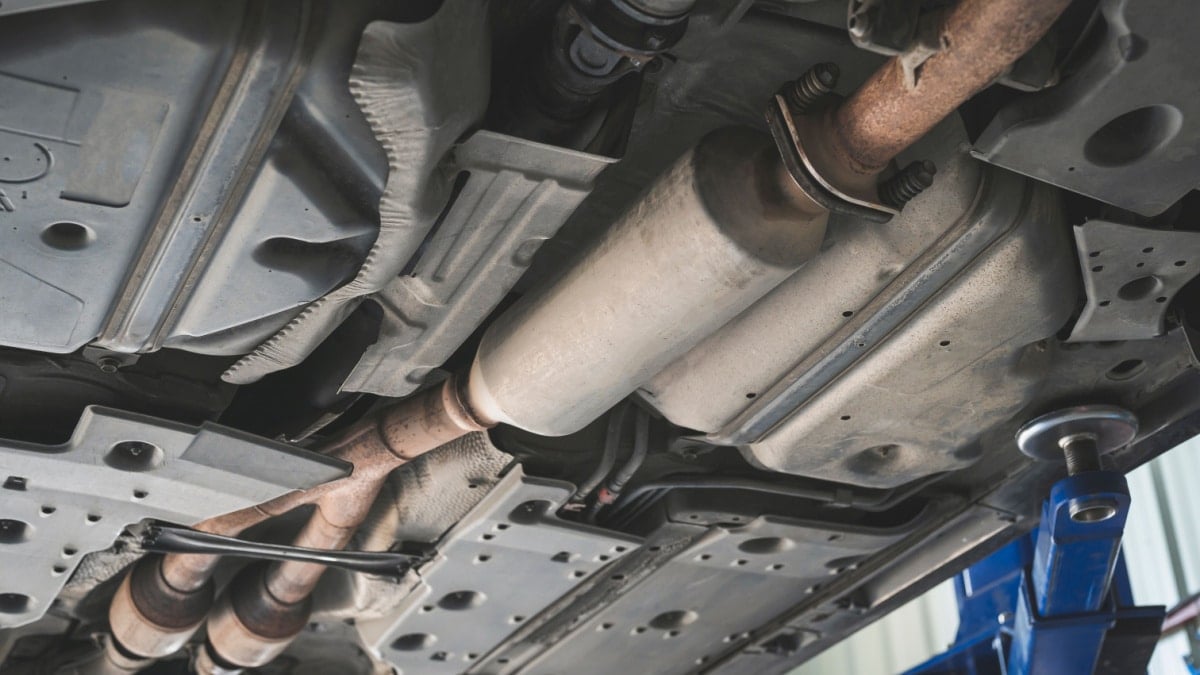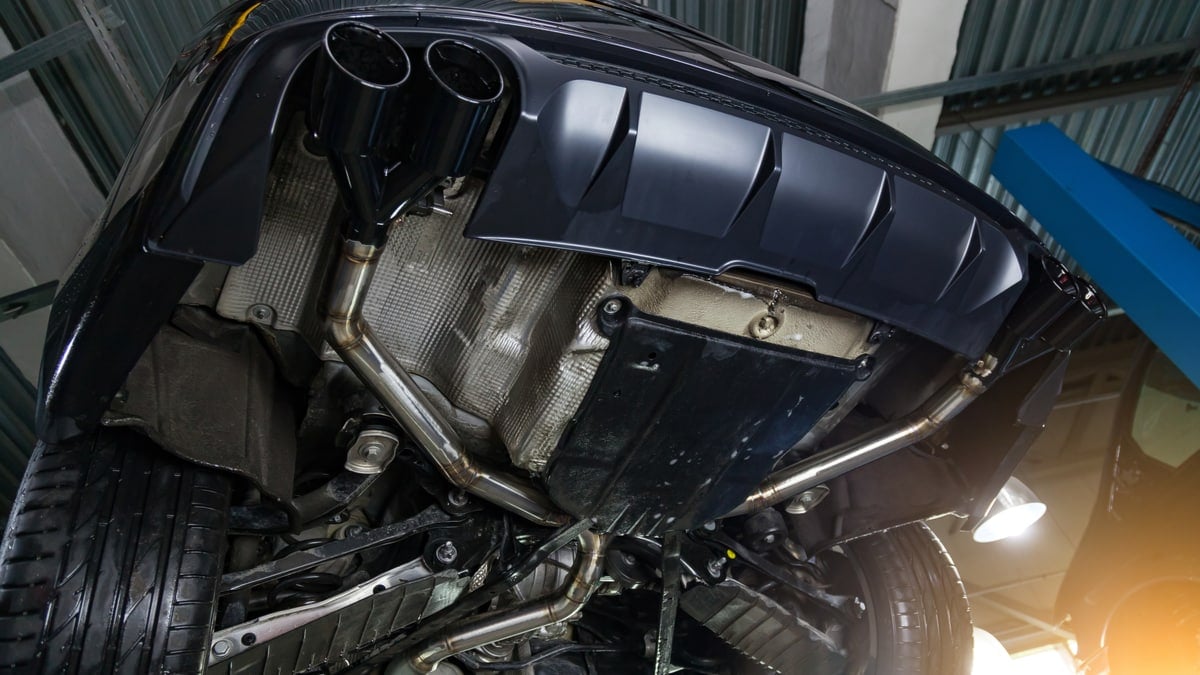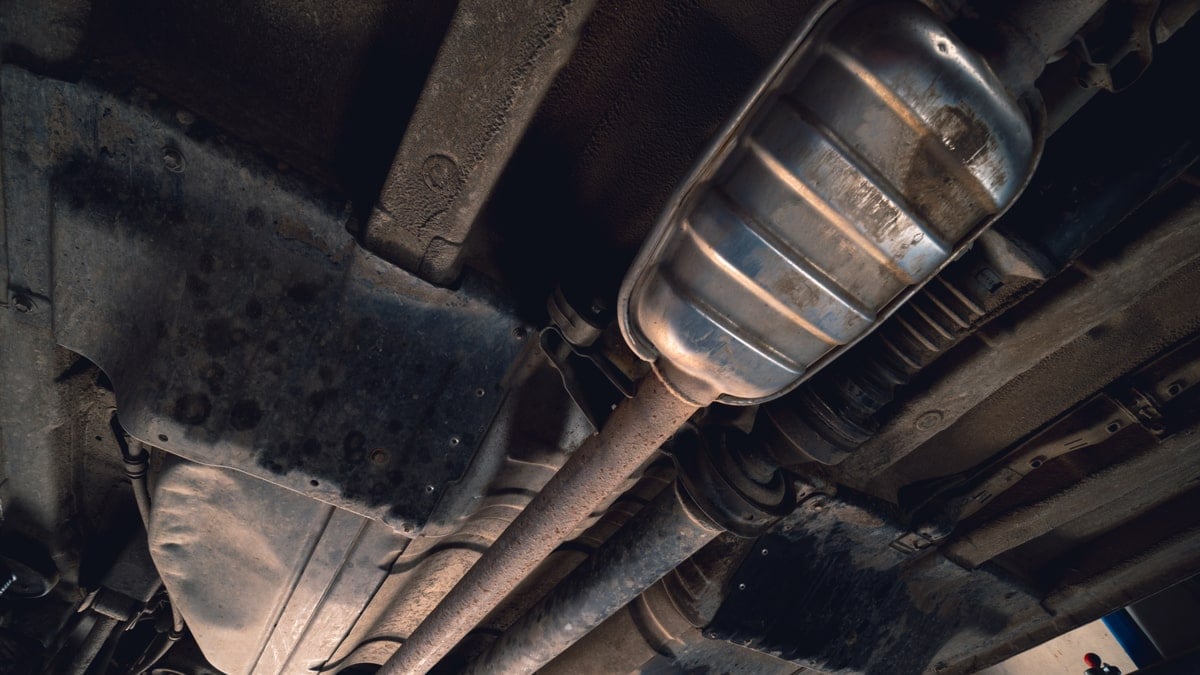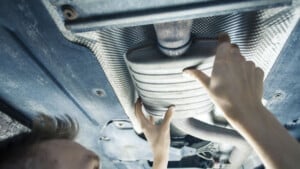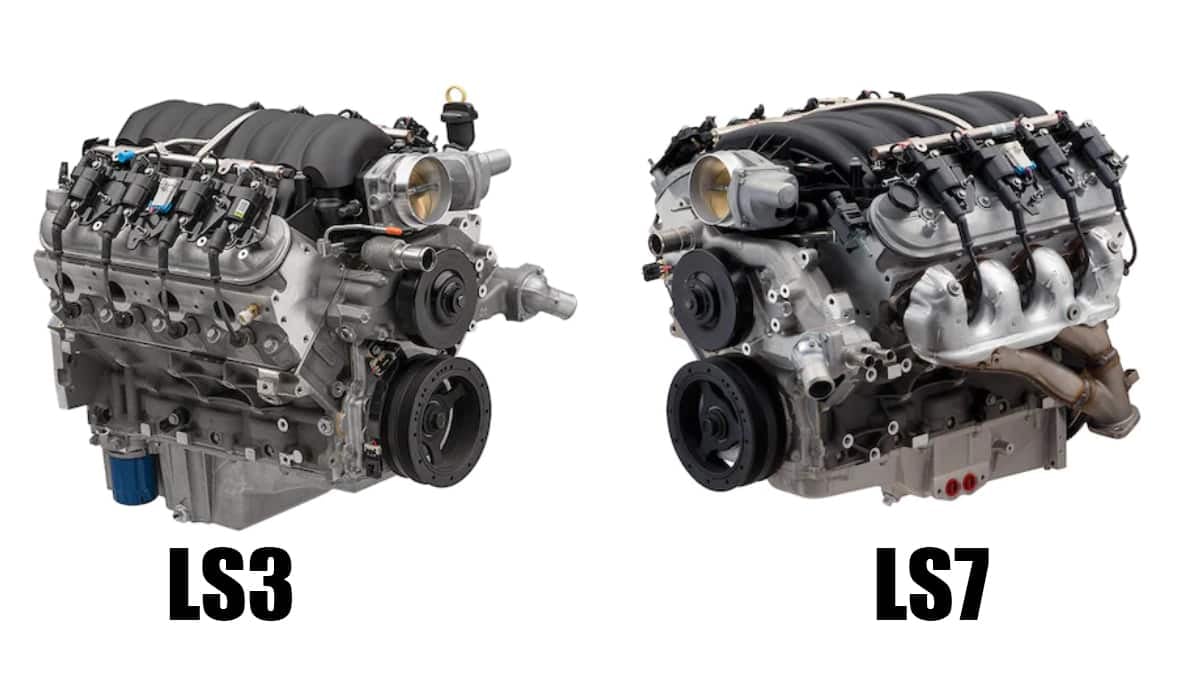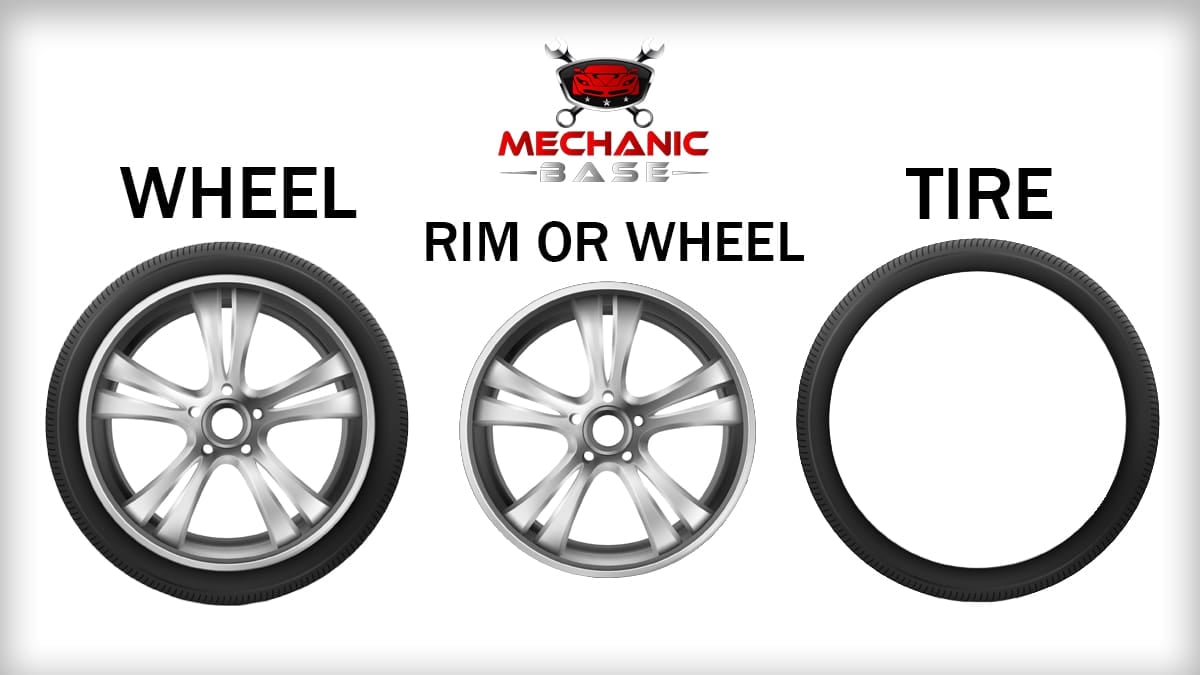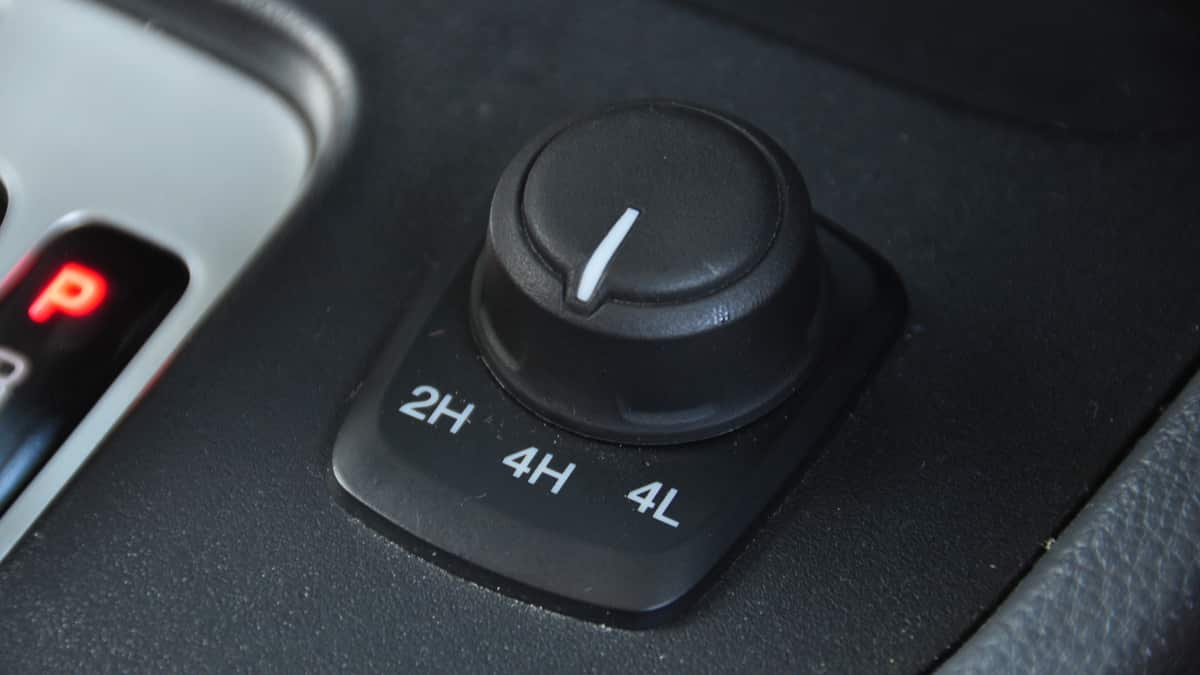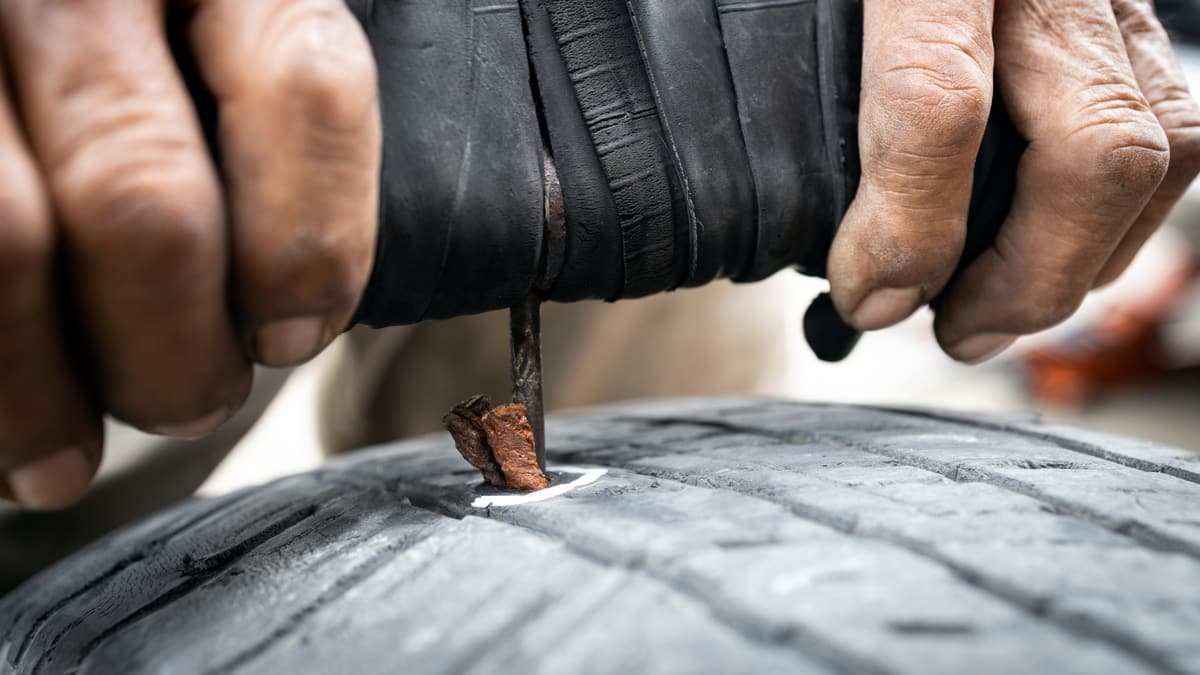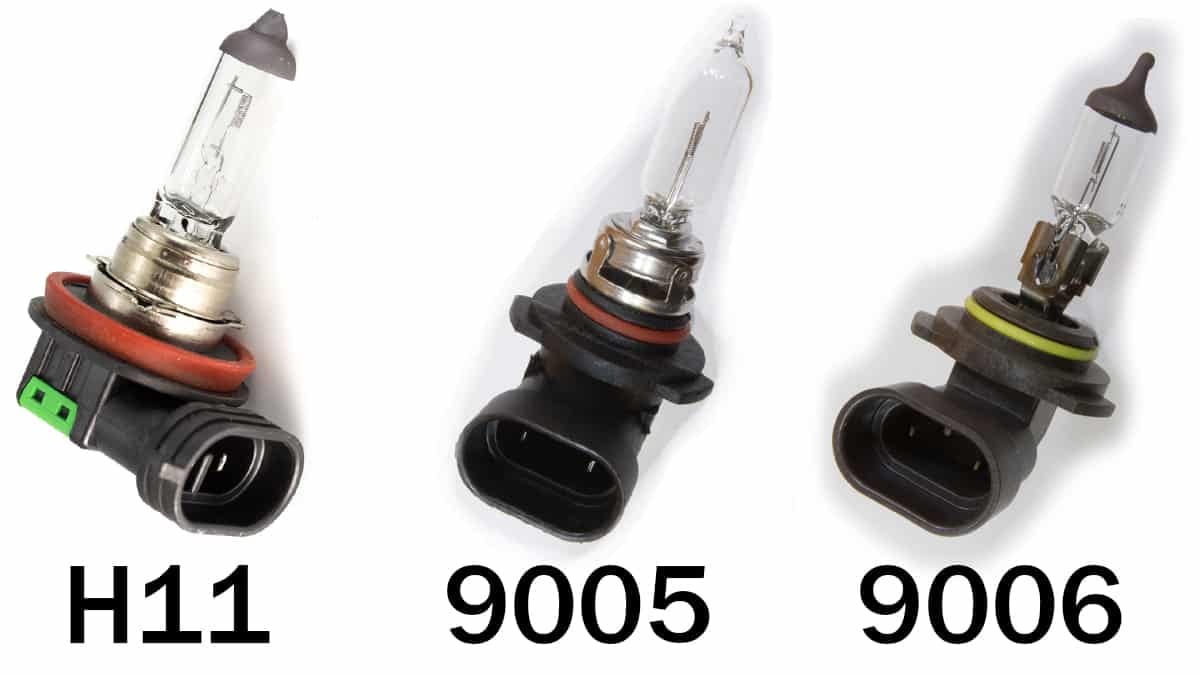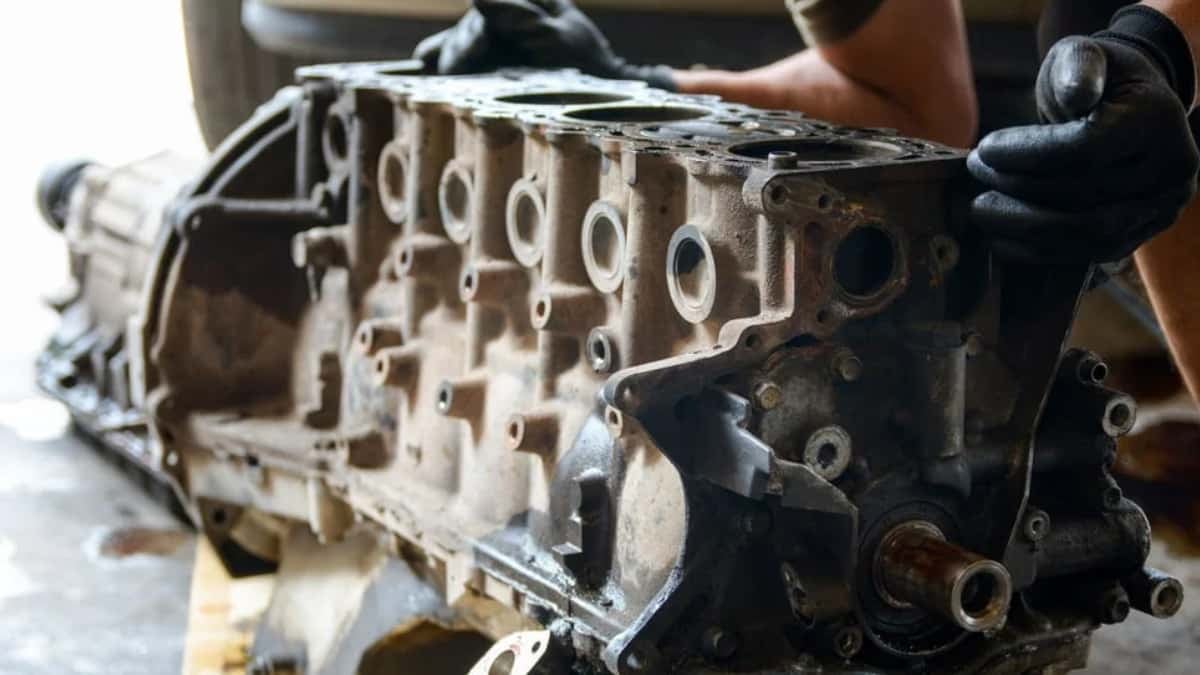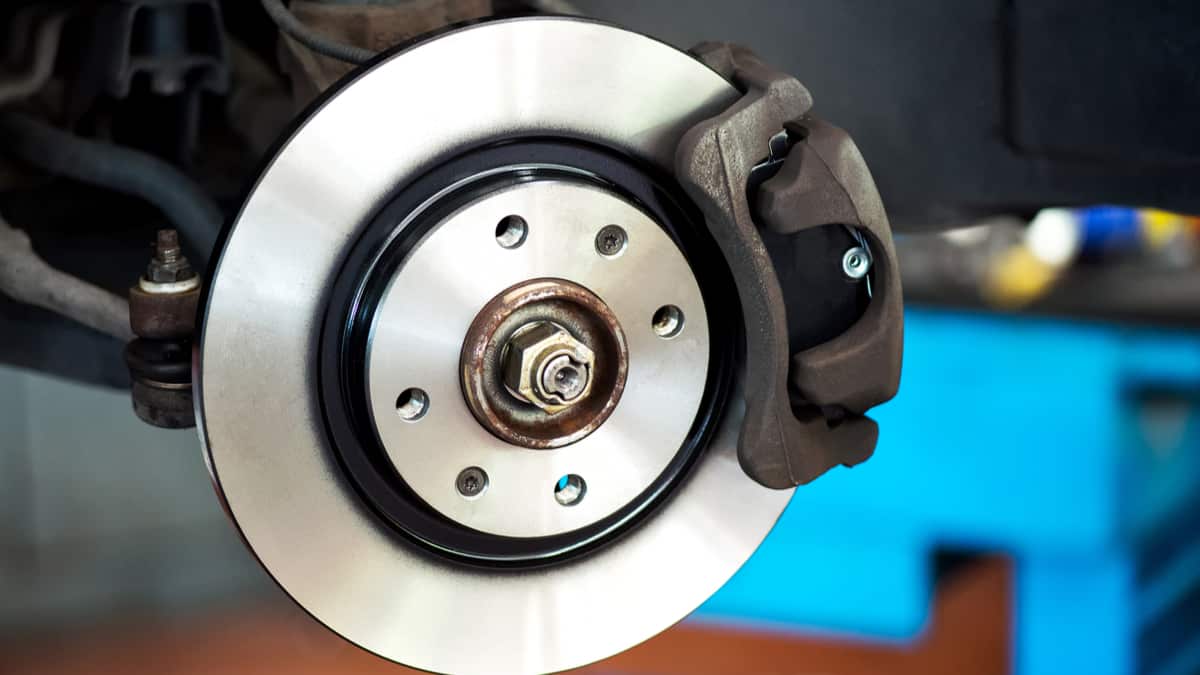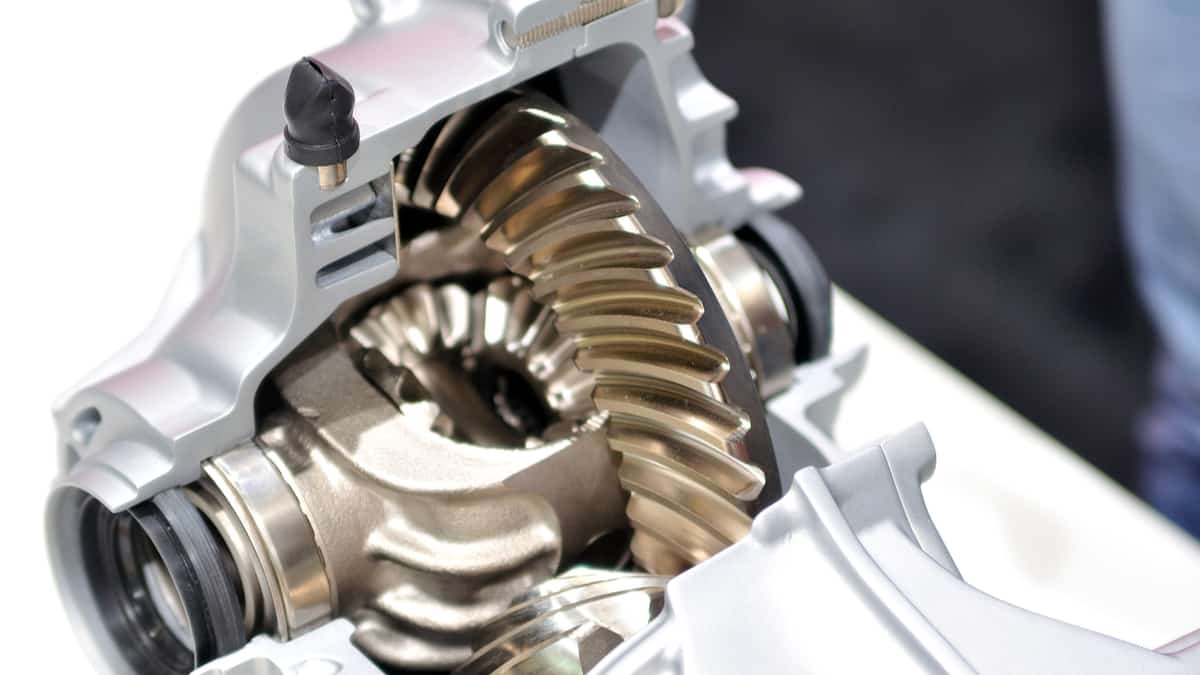Both the muffler and resonator play a role in changing the exhaust sound, so what is the difference between these two parts? These components are meant to work together in harmony, which is why it’s important to understand them both and to learn more about the differences between the muffler vs. resonator.
In this guide, we evaluate what makes the resonator and muffler different. We also explain the purpose of each and highlight the special features. We look at which one is louder and which is best overall. At the end of our article, you will find guidance on which one to delete and we will answer some of your top exhaust questions.
What Are The Key Differences Between A Muffler and A Resonator?
The muffler reduces overall exhaust noise, while the resonator only cancels out particular frequencies. Also, mufflers create backpressure, so there’s some performance hindrance, while the resonator has less restriction and baffling in the design.
Still, both the muffler and resonator impact the exhaust noise. Additionally, all new cars have mufflers, but not all vehicles have a resonator. When a resonator is installed, it’s usually paired with a muffler.
What’s most interesting is the configuration of the muffler and resonator. If both are installed from the factory, the resonator typically comes before the muffler. However, that’s not always the case. Some setups have the resonator placed after the muffler.
What Is A Muffler?
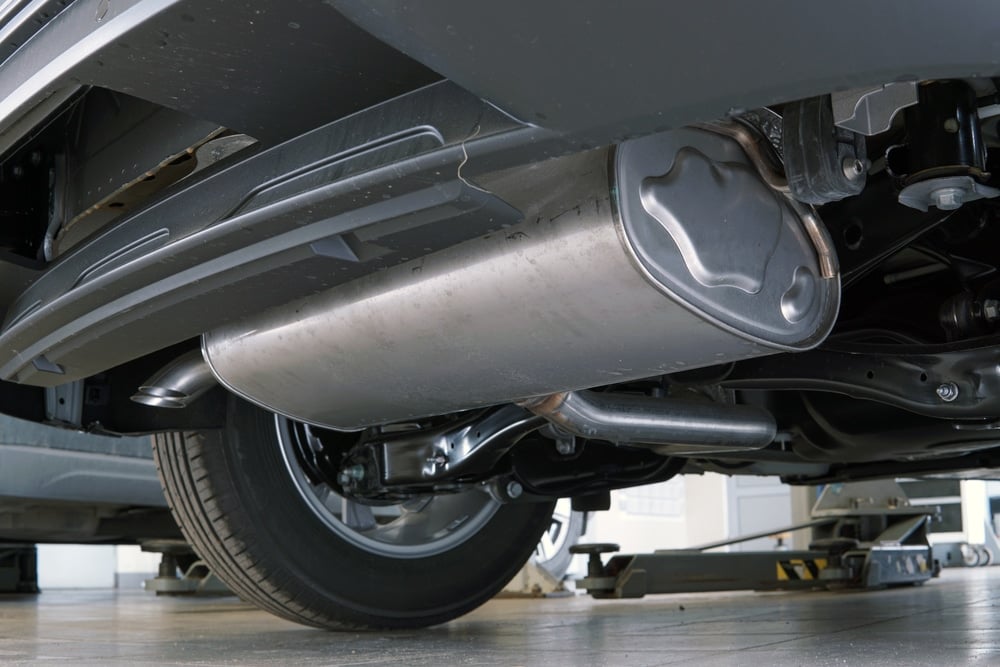
The name of the car muffler tells you a lot about what it does. It’s designed to muffle out any unwanted noise from the exhaust. It’s going to lower the volume of the exhaust sound without altering it or canceling it out, such as the resonator does.
The muffler is made with perforated tubes and it is linked to the resonator chamber through an exhaust pipe. Within the muffler, the sound is reflected, so the waves can cancel each other out. The sound waves first come from the resonator chamber if it is installed.
After the sounds reflect on the muffler’s walls, the waves enter into a different tube within the muffler that leads to the exhaust outlet. After the muffler, the exhaust enters the tailpipe before being released into the atmosphere.
A performance muffler reduces back pressure. With less pressure on the motor, you can expect a longer life and the engine may require less maintenance. Performance mufflers are also known as sports mufflers in some circles.
Muffler Features
Now that you understand the basics of the car muffler let’s examine a few of the top features. Here are just a few of the facts you should know about mufflers.
- Designed to soften the volume of the exhaust notes
- Tone is determined by the tube pattern and the included baffles
- Exhaust sound volume is also determined by the tube pattern and the included baffles
- Functions well at any RPM level
Because of the varying designs, mufflers can make a variety of sounds. You can install a muffler that creates a high-pitched sound or pick one that outputs sound that is throaty and deep.
What Is A Resonator?
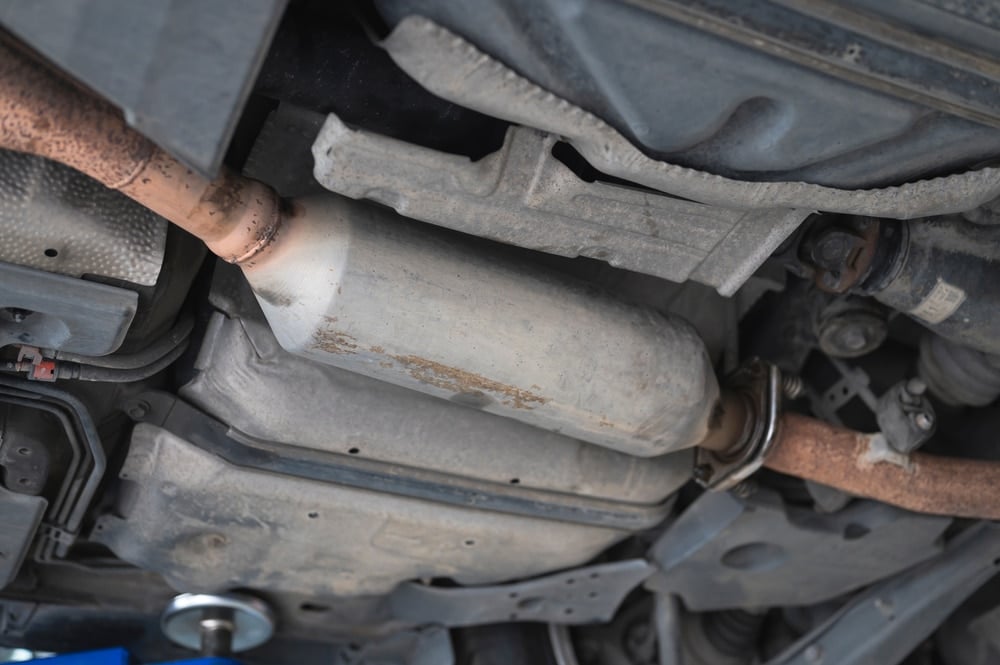
The exhaust resonator morphs sound frequencies made from the combustion process. The resonator is located before the muffler in most configurations. Because of the work the resonator does, the muffler has less to do.
The resonator looks like a hollow chamber. However, the interior is much smaller than the housing that you are looking at. That’s because there is steel wool wrapped around the inner part of the tube. Around that is the material responsible for sound deadening.
Resonators are designed to work hand-in-hand with the muffler. However, unlike the muffler, the resonator only reduces sounds at certain frequencies and RPM ranges.
Resonator Features
The car resonator is known for having certain characteristics and features. Here are a few to consider.
- Used in conjunction with a muffler to reduce noise
- Eliminates the drone that’s caused by using a muffler alone
- Only designed to work at certain frequencies and RPM ranges
The resonator isn’t automatically installed on cars from the factory. There are some models that don’t have a resonator and other people that choose to remove it. If you are buying a used car, you’ll want to see if the resonator has been removed.
Which One Should You Remove For A Louder Exhaust Sound?
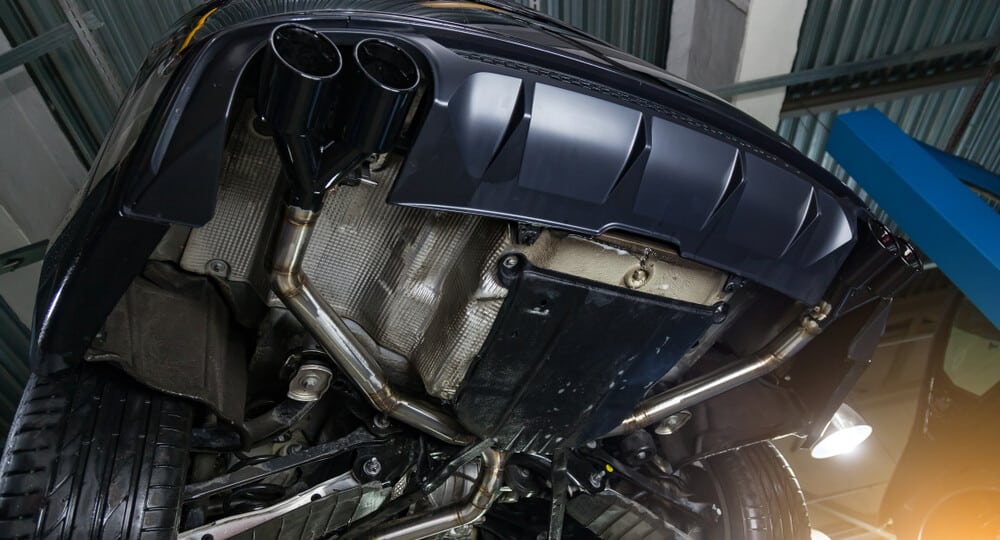
Some people choose to remove the muffler or resonator to create a louder exhaust sound. Which one is the better part to remove? Resonators aren’t going to impact the sound volume as much, so you won’t get a much louder exhaust by removing it. To get a louder sound, you would need to remove the muffler.
However, some people find benefits to removing both the muffler and the resonator. It all comes down to a personal decision. It’s best to examine both in-depth to help you determine what you want to do with your vehicle.
READ MORE: 8 Ways To Make Your Car’s Exhaust Sound Louder
Muffler Delete Basics
The muffler delete involves you taking off the muffler from the exhaust. When the muffler comes off, the exhaust sound becomes louder and deeper. However, something has to go in place of the muffler once it is removed. Most people choose to use a straight pipe in its place. A muffler delete kit will also usually come with new exhaust tips.
To determine if the muffler delete is right for you, consider these vital pros and cons.
Muffler Delete Pros
- Improved exhaust flow because of fewer restrictions
- Reduced vehicle weight
- Minor performance gains
- Minimal cost involved
- Cleaner appearance
Muffler Delete Cons
- Extremely loud sounds created
- Car may exceed local sound ordinances, leaving you open to a ticket
- It may be illegal to delete the muffler in your state
- May trigger the Check Engine Light
- Voids warranties
Resonator Delete Basics
The resonator delete involves you removing the resonator from the exhaust system. With the resonator in place, the exhaust doesn’t have droning sounds or annoying humming noises. After taking them off, you will hear a different note, but it’s not the same as what comes from removing the muffler.
To determine if the resonator delete is right for you, consider these vital pros and cons.
Resonator Delete Pros
- Changes the sound without increasing the volume much
- Reduces vehicle weight
- Slight increase in performance gains
- Affordable modification
- Legal in most states
Resonator Delete Cons
- May trigger the Check Engine Light
- Voids warranties
- Could create a rough idle
Which Is Better: Muffler Delete or Resonator Delete?
It’s impossible to determine which one you should remove. The decision has to be based on your local laws and what you are trying to achieve. In most cases, you aren’t going to see huge performance gains from removing the muffler or the resonator. Only minor improvements will be noticed either way. If you want to gain more horsepower, you are better off looking at other options, such as a cold air intake.
If you are hoping for a louder volume to the exhaust, you want to remove the muffler. The muffler is the component that affects loud and softer sounds.
On the other hand, the resonator delete only changes the tone of the car. It’s not going to get any louder without it.
Some people choose to replace just one of the parts, while others find taking off two is better. You can complete an entire exhaust system overall to customize it just the way you want it.
Which is better, a muffler or a resonator?
They are both part of the exhaust system, so neither is better than the other. They have a different purpose, while they both change the sounds from the exhaust. The muffler adjusts the volume of the sound, while the resonator changes the tone.
What comes first resonator or muffler?
Normally, the resonator comes before the muffler, but it can be done the other way as well. In the typical exhaust setup, the muffler comes right before the tailpipe. However, if either of these are removed, they can be replaced with a straight pipe instead.
Do you need a muffler if you have a resonator?
The car will run without a muffler or a resonator. However, the sound might be too loud without a muffler and you could be breaking some local laws. The muffler is always installed from the factory on a new car, but not all new cars have a resonator.
Are mufflers or resonators louder?
The resonator doesn’t affect the loudness of the exhaust sound. It’s only used to change the droning and humming noises. Having the muffler removed makes the system louder overall. The muffler’s job is to reduce the sound, basically to muffle it.
Does removing a resonator increase HP?
You can gain a small performance increase by removing the muffler or resonator, but neither of these is going to make a dramatic impact. If you want to truly increase horsepower, you should look to other performance modifications, such as adding a cold air intake.
When it comes down to understanding the muffler and resonator, it’s important to figure out that they work together for a common purpose. With the factory setup, the car is designed to have a muffled and restrained sound.
Categories: Exhaust
